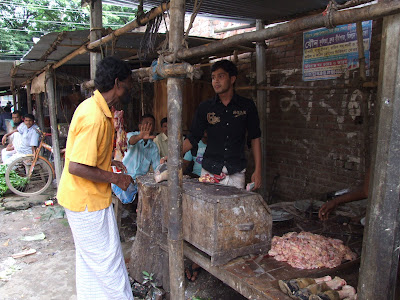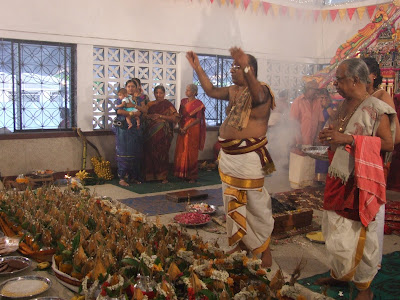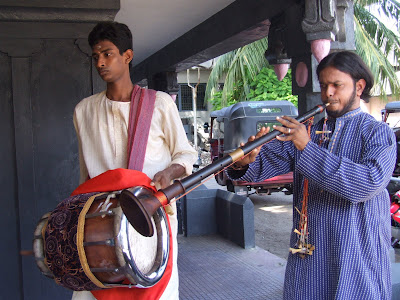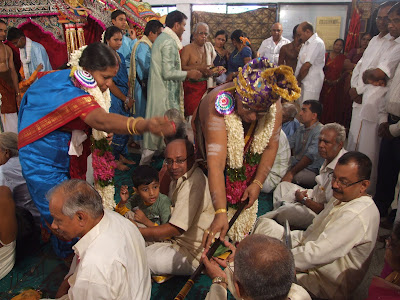Romantic Rajendrapur brings back Gorgeous Memories of Vadaliyadaippu
The capital city of Bangladesh is Dhaka. Rajendrapur is a small village in Gazipur district of Dhaka Division. The distance between Dhaka and Rajendrapur is 50 kilometers (31 miles). Farming and fishing are the main livelihoods of the people in Rajendrapur.
It is a perfect place for bird watching and to love nature. Coldness at dawn and night gives the feeling of being on top of a mountain. Birds such as Cardinal, Crane, King Fisher, Myna, Parrot, Robin Bird and Sparrow live here. A large number of Myna flock to the bushes at dusk and tweet endlessly till night calls. The atmosphere gives wider space to be a child, relax, meditate, paint, read, run, sing, dance, photograph, walk, write and play outdoor games. I spent one month in lovely Rajendrapur during rain and shine, which gives a feeling of been there for a longer period.
The stay brings me back a wholesome of gorgeous childhood memories of my paternal home in Vadaliyadaippu, in Jaffna District, North of Sri Lanka. Similar surroundings with big trees, shoe flowers dance for wind, dew drops sit on the edge of the leaves, shallow streams of water where fish dance in and out joyfully with no fear, green paddy fields where men with only a piece of cloth wrapped around their waist with handloom turban, women in Sarees and barefoot ploughing the agri- fields together in boiling Sun with drops of sweat stay on their forehead of both, birds peck the softened soil for something to nibble, barking of dogs in the morning and night, tweeting of various birds throughout the day and night even through the thick wooden doors of the training venue makes learning enchanting, frequent visits by ants,red and black stripe leech, snail and maggot, beautiful butterflies keep flying around, wandering wasp making nest,aroma of variety cooking, tolling of prayer bell as daily wake up call, crack of dawn with cool breeze, sweeping sound of handmade broomsticks, cows in numbers flock the streets, men sit on wooden bench, sip tea and read newspaper or talk along the roadside, children play along the alleys,beautifully built mud houses, simple but happy living with smiley faces,quietness with fog at dawn and loudness with mist at dusk, wishes of daily "Good Morning" and "Good Night" by many, continuous shooting noise from a nearby cantonment,the silence takes me back to the old and famous term "Golden" and charming people admire you while nature adds extra flavour to life.
The people here lead a very simple life, but with extreme hospitality and simplicity. They treat the guests at their best. My memorable stay in Rajendrapur led me to tweet endlessly from day one till I left while roaming in the beautiful Bay of Bengal. The memories are permanent and inbuilt and will be treasured forever.

Fresh eggs for sale

Ban ride in Rajendrapur

Mohamed Shalahudeen in his stall

The main market bustles after a month long fast and feast

Cycle Rickshaw is a famous mode of transport in Rajendrapur

A scene in the morning at the market

Beautifully maintained garden at BRAC-Bangladesh Rural Advancement Commiittee

"Please take my photo" a kind request from Mohamed Rafeek

Shoe polishing in the market

Rickshaw puller in Rajendrapur

At the meat stall

On mobile while being on the move

Cinema posters in Rajendrapur.Clicked this image while travelling on a Cycle Rickshaw

Market in Rajendrapur on a cloudy day

On a bright shiny day

A scene in front of BRAC-Bangladesh Rural Advancement Committee

Beautiful sunset in Rajensrapur

On a laundry site

Birds gather at dusk

Fullmoon in Rajendrapur








































































